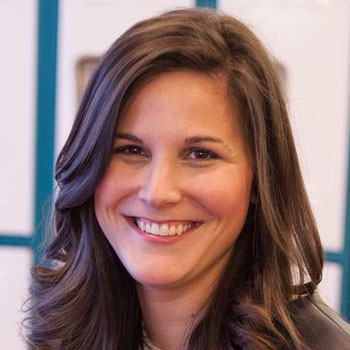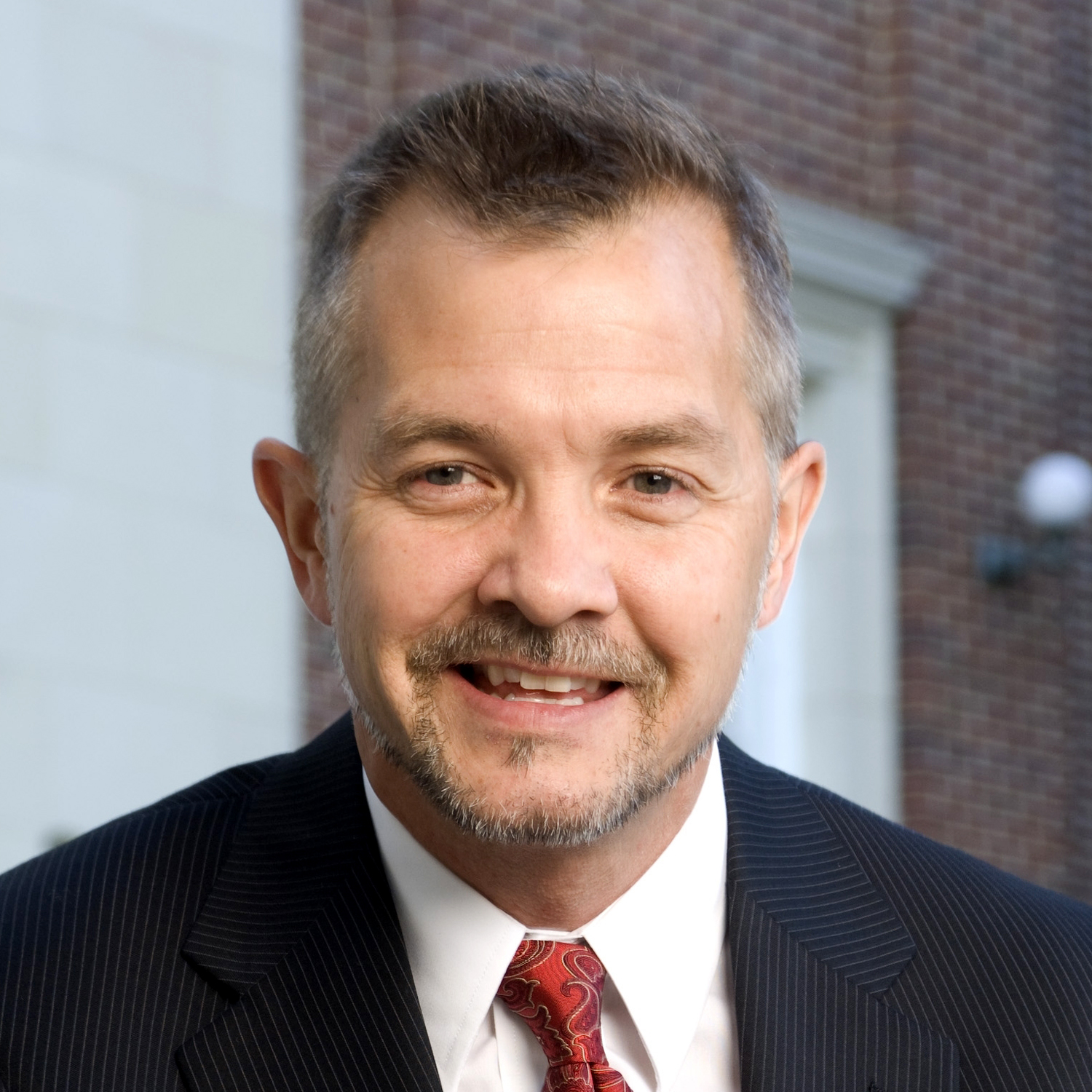What SMU, TFA, and DISD are doing to combat the Texas teacher shortage
David Chard, dean of SMU's Annette Caldwell Simmons School of Education and Human Development, and Alex Hales, executive director of Teach For America – Dallas-Fort Worth, write that teachers are key to a strong education system in Dallas.
By Alex Hales and Dr. David Chard
 Alex Hales |
 David Chard |
At a time when civic leaders, politicians and our community expect improved schools, Texas faces a serious teacher shortage. According to the Commit! Partnership, the number of new teachers certified in Texas has declined 3 percent annually, with almost 3000 fewer teachers in classrooms today than in 2009. At the same time, enrollment in Texas public schools has grown 1 percent annually.
This problem is multi-dimensional. Since the 1960s, we’ve seen fewer of our most qualified college graduates choosing teaching as a profession, while the number of children enrolled in Texas public schools has increased. When we do attract qualified people to teaching, the education field has a difficult time keeping them. Young people consider the challenges of teaching and compare it to other professions where the salaries are higher, there is greater respect for the profession, and they see opportunities for leadership and advancement. As a result, too many of our promising leaders look beyond education, whether teaching or serving as leaders across education systems, for their professional careers.
A strong education system is critically important and we need more change makers supporting children in low-income communities working to ensure that every child, regardless of zip code, has access to a great education and the opportunity to succeed. Education is a vital factor in ending the cycle of poverty in families and communities, and, ensuring we have a competitive workforce for the 21st century. To achieve this, we need to ensure we have great teachers in our classrooms, and strong leaders across sectors working to create opportunities for our children.
Our multi-dimensional problem will only be solved with a multi-dimensional solution. Colleges and universities need to strengthen efforts to attract the strongest students to teaching and provide them with rigorous training. We also need innovative and effective alternative routes into the profession. In Dallas this is happening by coupling SMU’s Annette Caldwell Simmons School of Education and Human Development’s evidence-based teacher development with Teach For America – Dallas-Fort Worth’s (TFA-DFW) ability to recruit and effectively train high quality recent college graduates and professionals to teaching. This summer, TFA-DFW will launch its summer teacher development institute in collaboration with faculty from SMU Simmons and experts from the Momentous Institute. Through high-quality teacher training and development the Teach For America DFW Summer Institute is designed to instill a commitment in promising leaders to improve student academic achievement in high-need schools in our low-income communities in the short term and life prospects for these students in the long term.
How do we keep teachers once we recruit them? The Teacher Follow-up Survey from the National Center for Education Statistics indicates that retention rates are connected to educators’ first teaching experiences and how they are sustained in the classroom. After completing the Teach For America DFW Summer Institute, TFA-DFW corps members will have two years of ongoing professional preparation and coaching from TFA staff in their classroom in addition to Simmons faculty who will support them in the field and through coursework.
In addition to partnering to build a strong teaching force and education system, both of our organizations are thinking of ways to impact a larger spectrum of teachers. TFA-DFW has launched the Middle School Partnership Plan with Dallas ISD at three middle schools to bring professional development opportunities to all teachers at selected schools. And with the Commit! Partnership, TFA-DFW is also training district instructional coaches to increase student reading proficiency at identified elementary schools.
If we are to address the growing need for teachers, we must support initiatives that provide opportunities for meaningful evaluation and promotion. This must include ongoing opportunities for teachers to engage in professional development that improves their practice, resulting in improved student development, increased student engagement, as well as opportunities for professional advancement and to take on additional leadership responsibilities in their schools. Dallas ISD’s Teaching Excellence Initiative was designed to be just such a system. This summer, SMU Simmons and the school district will host the first Summer Teacher Academies for professional development designed to lead to measureable changes in teaching and learning.
If Dallas wants a top public education system, we need bold measures to attract and retain top teachers. Teachers need to be valued as a critically important part of society; recruited from the highest level of college graduates; and honored given their responsibility for leading student academic growth at their schools. We can build on promising practices here in Texas. Let’s get started today.
# # #